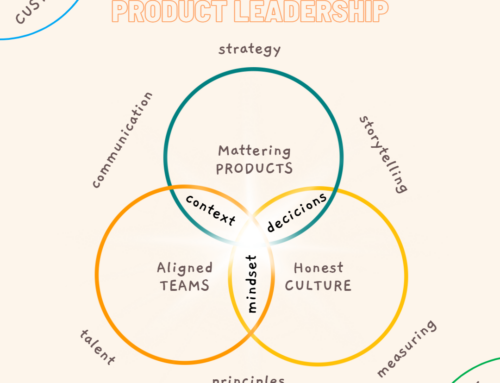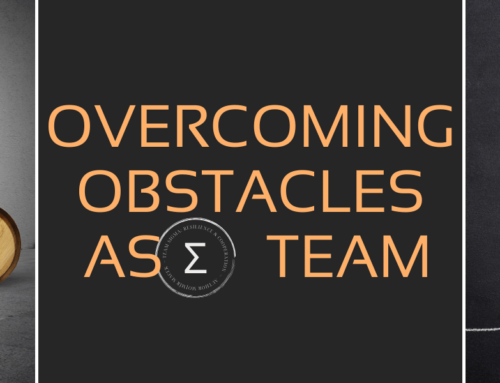The evolving Happiness @ Work into Mattering @ Work (M@W) concept is a brilliant and thoughtful next step in organisational evolution and company culture. This shift focuses on the deeper psychological need for employees to feel that their presence, work, and contributions genuinely matter to themselves, their colleagues, leaders, customers, local communities and the organization as a whole.
Here’s why Mattering @ Work will be a powerful evolution at the workplace, moving every future successful organisation into the honest workspace, no matter if onsite, hybrid, or remote:
M@W will roll out stones out of organisations!
1. Deeper Emotional Engagement
Mattering goes beyond momentary happiness and taps into a more profound sense of belonging and value. It focuses on employees feeling essential to the success and well-being of their team and organization, which can lead to more sustained engagement. When people feel they matter, they tend to be more committed, resilient, and willing to go above and beyond because they know their efforts are noticed and appreciated.
_______
2. Fulfilling Psychological Needs
The concept of mattering directly aligns with human psychological needs, particularly as defined in self-determination theory: competence, autonomy, and relatedness. People not only want to be happy at work but also want to feel competent in what they do, have meaningful relationships, and feel that their work has an impact. This model would directly address those core drivers of motivation and well-being.
_______
3. Building Purpose-Driven Workplaces
While happiness can sometimes be associated with surface-level initiatives (like perks or fun activities), Mattering @ Work shifts the emphasis to creating an environment where employees feel that their work has a clear purpose. This could transform the way organizations approach employee engagement by helping people see how their contributions tie into the larger mission of the company. It would help foster a sense of shared purpose that unites individuals, driving higher job satisfaction and commitment.
_______
4. Reducing Burnout by Focusing on Meaning
Feeling like your work matters can act as a buffer against burnout. Many employees experience burnout not just because of workload, but because they feel their efforts are going unnoticed or don’t contribute meaningfully to the organization’s success. By prioritizing mattering, leaders can ensure that employees not only have the support they need but also feel recognized for their unique contributions, which can help combat exhaustion and disengagement.
_______
5. Empowering Leadership and Inclusive Cultures
Mattering would place a stronger emphasis on leadership styles that focus on recognition, inclusion, and empowerment. Leaders would need to become more attuned to the individuality of their team members, acknowledging their contributions, and ensuring that every voice is heard. This could deepen workplace inclusivity and make people feel more valued, regardless of their role.
_______
6. Long-Lasting Organizational Change
While happiness can be fluctuating and subjective, Mattering is more stable. It encourages systemic changes in how organizations operate, from better communication and recognition systems to creating more opportunities for people to take ownership and feel proud of their contributions. Over time, focusing on mattering could lead to stronger organizational cultures where employees stay longer, feel more invested, and contribute to the company’s long-term success.
_______
7. Empathy and Relationships
The concept of mattering emphasizes relationships. When people feel they matter, they also tend to develop stronger bonds with colleagues and managers. A culture of care and empathy grows, where people look out for each other and value each other’s well-being, leading to greater workplace cohesion.
_______
8. Measurement through Impact and Influence
Measuring mattering could involve assessing how employees perceive the impact of their work, how much they feel recognized and valued by their peers and managers, and their sense of influence over decisions that affect their work. This goes beyond traditional satisfaction or happiness metrics and offers a richer, more insightful understanding of employee experiences.
Overall Benefits of Mattering @ Work (M@W – #MaW):
-
Sustained Engagement – Helps employees maintain long-term motivation by connecting their daily work to a larger purpose.
-
Increased Retention – When people feel they matter, they are more likely to stay with the organization.
-
Enhanced Cooperation – Fosters a sense of belonging and connectedness, improving team dynamics.
-
Leadership Evolution – Encourages leaders to create environments of recognition and contribution.






